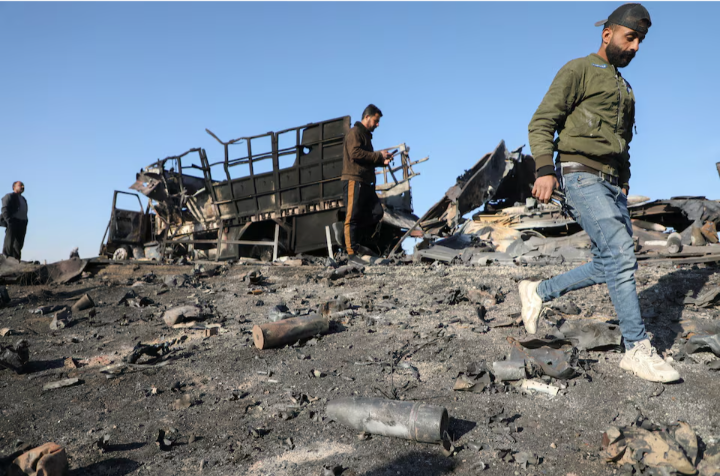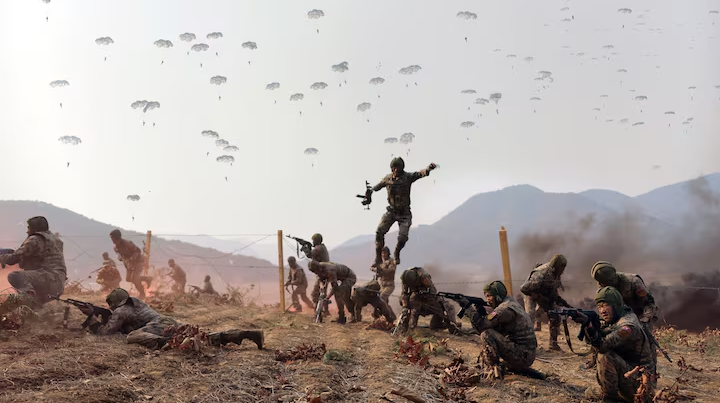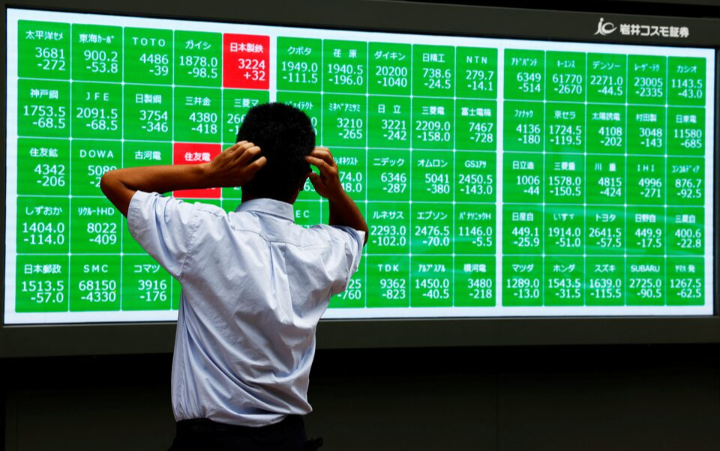In a dramatic turn of events, a rebel-backed leader has been installed as Syria's interim prime minister following the toppling of President Bashar al-Assad. This development comes after a series of lightning offensives by opposition forces, culminating in the capture of the Syrian capital, Damascus, just days ago. The rebel coalition, primarily spearheaded by Hayat Tahrir al-Sham and backed by Turkish resources, has drastically shifted the political and military dynamics in the country after years of stalemated conflict.
The rebel victory is seen as a culmination of Assad's dwindling support from key allies, such as Iran and Russia, who have redirected their attention and resources elsewhere, particularly to conflicts in Ukraine. This has left Assad’s forces vulnerable, compounded by issues of corruption and diminished morale within the Syrian military. Analysts describe the regime’s downfall as inevitable due to its over-reliance on weakened external backers.
Following the rebels’ swift advances, the interim leadership faces the monumental task of uniting Syria’s fragmented factions and rebuilding a war-torn nation. The international community has so far been cautious, with key players like the U.S. refraining from commenting on the recent upheaval. However, experts warn that the power vacuum could lead to further instability unless a comprehensive peace strategy is implemented.
The role of Turkey in facilitating this rebel resurgence has drawn significant attention. Once hesitant about allowing its proxy groups to target major Syrian cities, Turkey’s apparent policy shift underscores its broader ambitions in the region. Observers note that this might recalibrate geopolitical dynamics in the Middle East, especially as Assad’s regime, once seen as unshakable, crumbles under external and internal pressures.
Amid the unfolding chaos, questions remain about the long-term viability of the new interim administration. Critics fear that without widespread international engagement and reconciliation among Syria’s divided communities, the civil war’s devastating cycle could resume. As the dust settles, the focus shifts to whether this leadership can bring the stability and reform that Syria desperately needs.





